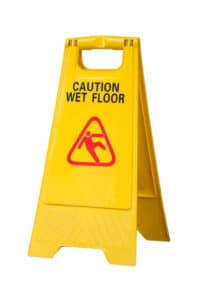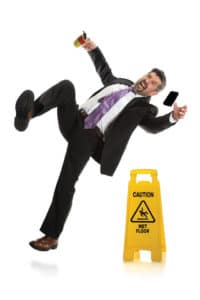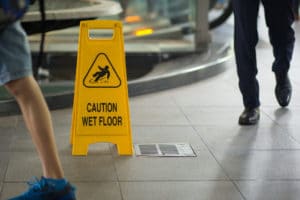Passenger as a Witness in a Car Accident
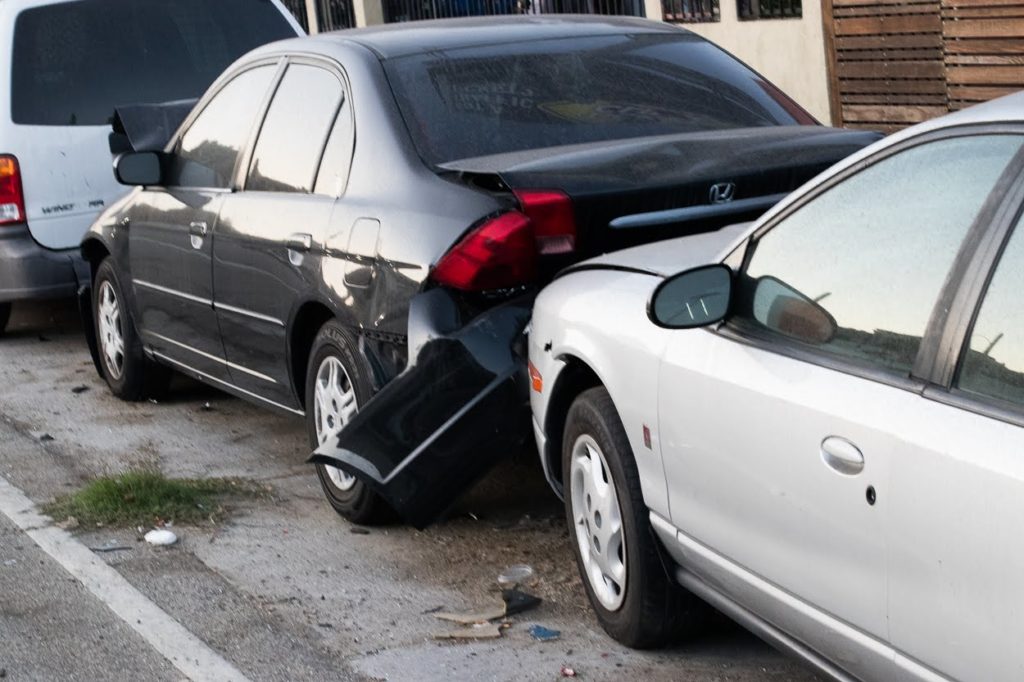
A good lawyer will always tell you to gather as much evidence as you can from a car accident scene, only if you’re safe of course.
This evidence should include photos, video, and witness statements.
Determining who is at fault can be resolved using the information from this evidence.
When we think of witnesses we think of other drivers not involved in the crash or bystanders who just happened to be around the area when the accident occurred.
However, most of us forget about the passengers of the vehicles involved in the accident.
Do we consider these passengers as witnesses or victims?
Your personal injury lawyer can assess whether or not to use a passenger as a witness or a victim depending on many factors including credibility, character, and consistency of statements.
First-Person vs. Third-Person Witnesses in Car Accidents
Police, insurance companies, and lawyers will want to speak with anyone that saw what happened in the accident.
You may think that a passenger who was with you at the time of the accident could be a witness as well.
Naturally you would think that this passenger could give a good witness account of what happened.
However, just because they were in the car with you doesn’t mean they saw the same things as you or that their story is correct, since they are also a victim in the accident.
There are two kinds of witnesses in an accident scene: first -person and third-person.
First-person witnesses are people who are directly involved in the accident and have a personal stake in the outcome of any claim that is filed.
Third-person witnesses are people who saw or heard the accident and can offer the information to police and insurance adjusters, but they have no personal stake in the outcome.
Your passenger can be considered either a first or third-person witness.
Credibility is a factor since they may clearly be biased to help you out.
Your lawyer can help the passenger with their testimony to make it fair and accurate.
Factors Affecting a Passenger as a Witness
Credibility of a witness plays a very important role in witness statements and using them in an accident claim regardless of whether or not a witness was also a passenger.
A passenger’s perception of the accident may be similar to your own.
But on the other hand the passenger may not have the same viewpoint as you so since passengers are not required to pay as much attention to what’s going on as the driver.
The witness / passenger should be asked the following questions to determine the perspective of the witness/ passenger:
Did you see the entire accident, or were you distracted by reading, sleeping, sightseeing or being on your phone
Did you see anything different than the driver? Such as oncoming cars, lane changes, objects in the road
Do you have any conditions that affect your memory, causes confusion, or makes you disoriented? This includes prescription medications you may be taking
Do you wear glasses or hearing aides, and if so did you have them on at the time of the accident
Were you as the passenger injured or traumatized by the accident
Where were you sitting in the car and was your view obstructed in any way
Were you under the influence of alcohol or drugs at the time of the accident as the passenger?
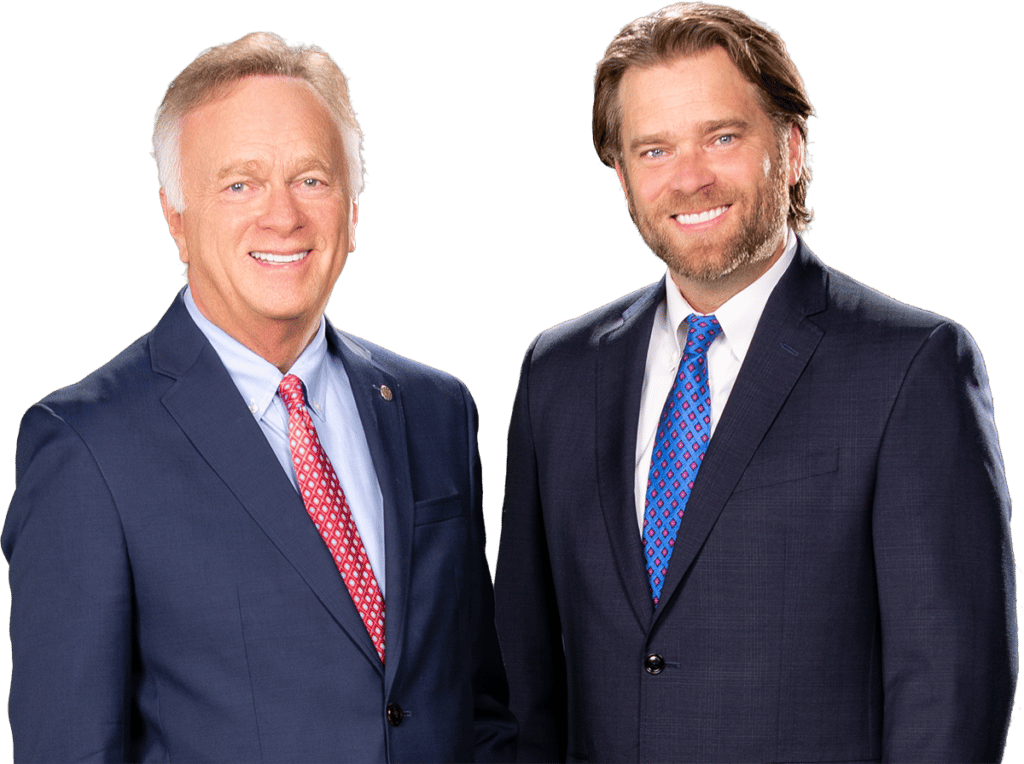
Questions a Lawyer may ask a Potential Witness
Your lawyer will question your passenger to determine if the witness statements are consistent.
It is important that their character is intact and that they are telling the truth, no matter the situation.
These are some of the questions that the passenger will be asked by your lawyer:
What is your financial interest in this claim and how is it settled, if any?
What is your relationship to the driver?
Are you involved in any other litigation as a passenger against the other driver?
You have a criminal history of any kind?
Do you have a history of dishonesty?
Your passenger should tell the same story every time they are asked to recount the information.
If the passenger changes the details or suddenly remembers something that seems out of the ordinary, this could lead investigators to dig deeper and ask more questions.
Insurance adjusters, juries and lawyers could dismiss your passengers testimony altogether.
Young children regardless of their place in the vehicle are not considered credible witnesses.
Also, passengers who were sleeping, distracted on their cell phone, or sitting in an obstructed location are not considered reliable witnesses.
Statements given by these passengers or witnesses may be disregarded and considered unreliable.
Passenger as a Witness Can be Complicated
Most of the time passengers are family and or friends and this leads insurance adjusters to believe that the statements are not neutral in nature.
Insurance adjusters will use statements made as biased and not to be trusted.
Insurance adjusters will use any means necessary to reduce or deny a claim.
That’s why you need a skilled accident lawyer to fight against this.
When trying to close an insurance claim it can be challenging.
Insurance companies only keep their profits if they don’t have to pay out claims, so they are quick to suspect dishonesty and fraud.
Consistent and honest statements can keep insurance adjusters from questioning the passenger statements.
After seeking medical attention, the first step you need to make is hiring a personal injury lawyer with expertise in car accident litigation.
Before you work with any insurance adjuster or give any statements, speak with a lawyer.
Your lawyer can advise you what to say or not to say, whether or not your passenger is a viable witness, and when you should consider filing legal action to settle your claim.
Insurance Companies are Sneaky
Your first thought after medical attention might be to call the insurance company and report the accident.
You need to do this, but you need to watch what you say.
Only report the accident, don’t give a formal statement.
Insurance companies will use any information they can to minimize your claim or even deny the claim altogether.
Never accept the first offer, usually this is a low ball offer designed to close the case as soon as possible or give you as little as possible for your claim.
Once you accept an offer you may have closed the case and will be denied any other funds in the future.
Bottom line is always speak with a lawyer first before dealing with the insurance company.
Insurance companies are profit based like any other company and their goal is to make money.
Call Richard Harris Law Firm
At the end of the day it is up to you and your attorney to decide whether or not a passenger can also be a good witness in your case.
Having an experienced legal team can help guide you in deciding if the passenger statements will either help or hurt your case.
If you have any question about whether you can use a witness in your car accident in Nevada don’t wait, get your questions answered.
Contact The Richard Harris Law Firm today to set up a free initial consultation so we can discuss your options.
The Richard Harris Law Firm is your best chance at getting you the compensation you deserve after your accident.
We have offices in Reno and Las Vegas and have been representing accident victims for over 40 years.






















